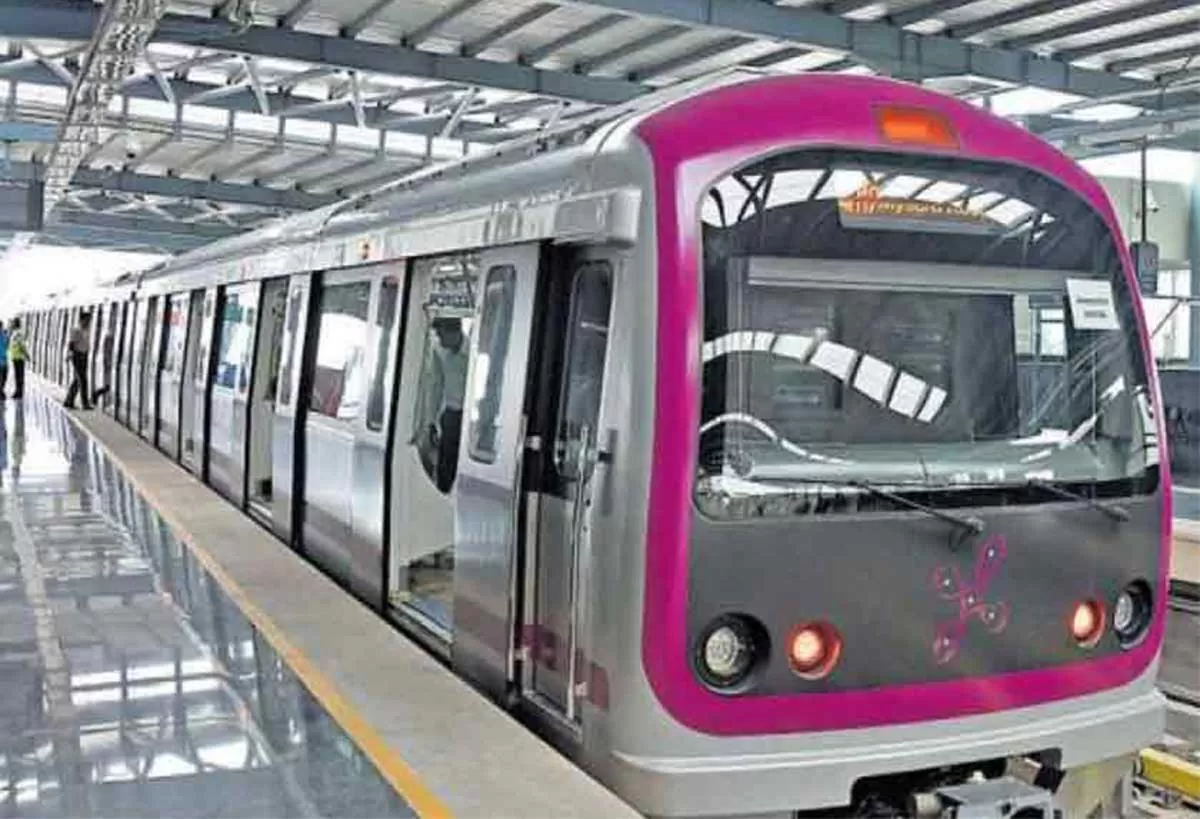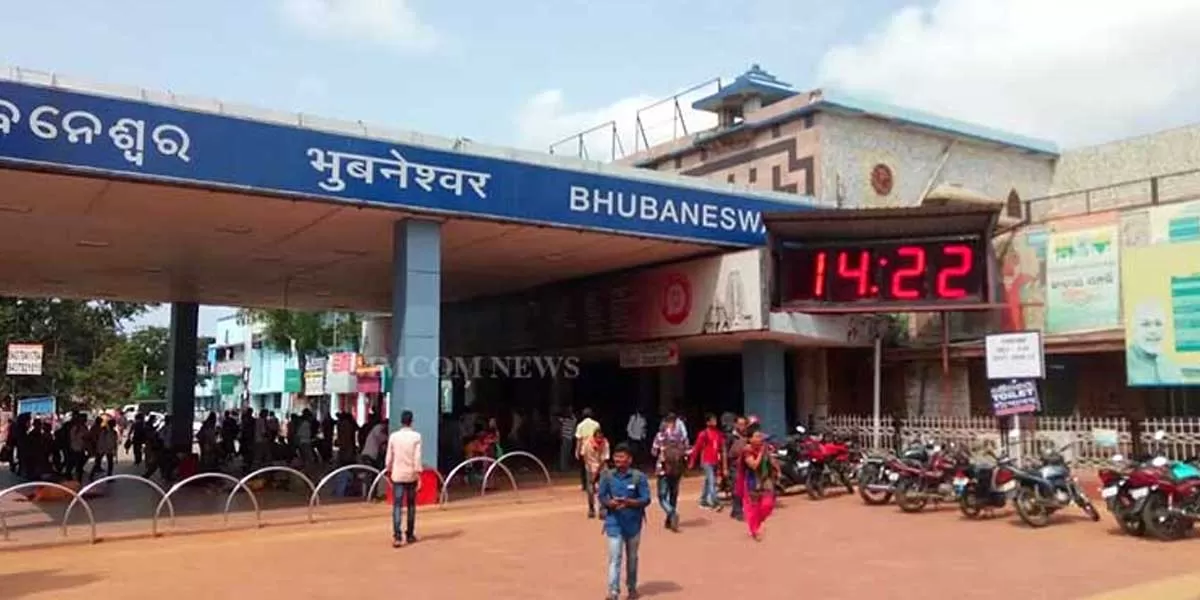
Bengaluru Metro Proposes Hebbal-Sarjapur Corridor, Seeks State Approval


Odisha Approves Elevated Road for Bhubaneswar Station
The Odisha government has approved the construction of an elevated approach and exit road at Bhubaneswar Railway Station’s Master Canteen side. This project is part of the station’s redevelopment under the Indian Railways’ Amrit Station Scheme.Key Features of the Station RedevelopmentElevated driveway with dual entry points for seamless traffic movement.Air-concourse connecting all platforms.Dedicated entry and exit points for better crowd management.Modern amenities including lifts, escalators, and a baggage security check-in area.Enhanced passenger experience with an information center..

Govt Tightens Solar Quality Norms
The Union Ministry of New and Renewable Energy (MNRE) has introduced the Solar Systems, Devices, and Components Goods Order, 2025, replacing the 2017 framework. The revised regulations, effective 180 days from publication, set stricter quality and efficiency standards for solar photovoltaic (PV) modules, inverters, and storage batteries.Manufacturers, importers, and distributors must now comply with the Bureau of Indian Standards (BIS) certification. The new order mandates a minimum efficiency of 18% for Mono Crystalline Silicon and Thin-Film PV modules, and 17% for Poly Crystalline Silicon PV..

Ashish Gaikwad Appointed as Managing Director of Praj Industries
Praj Industries, a global leader in bioeconomy solutions, is pleased to announce the appointment of Ashish Gaikwad as Managing Director-Designate, effective February 3, 2025. This transition marks a significant milestone in the company’s growth journey.Gaikwad will succeed Shishir Joshipura, CEO & MD, who will complete his tenure on June 30, 2025. To ensure a seamless transition, Mr. Gaikwad will work closely with Mr. Joshipura and the leadership team over the coming months, ensuring continuity of Praj’s strategic priorities. Gaikwad brings over 34 years of experience in industrial automat..













